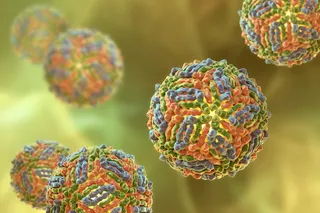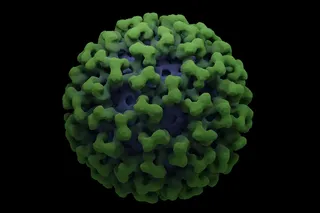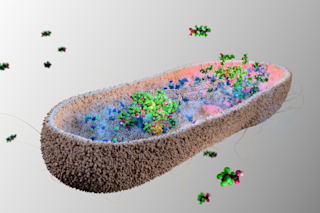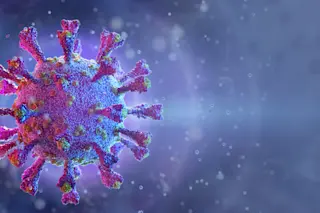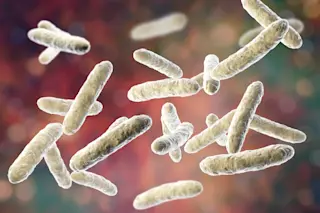Let's start with the good news: Clinical trials of the swine flu vaccines currently under production are showing that a single shot may be enough to protect a person against the H1N1 virus, rather than the series of two shots that was thought to be necessary. That means the vaccine supplies rolling off the pharmaceutical companies' assembly lines will cover twice as many people. Experts say
it should be possible to vaccinate — well before the flu’s expected midwinter peak — all the 159 million people that the Centers for Disease Control and Prevention estimate are in the high-risk groups: pregnant women, people under 24 years old or caring for infants, people with high-risk medical conditions and health-care workers [The New York Times].
In China, vaccinations are already underway, still Chinese health official Liang Wannian says the virus may well sicken tens of millions in the coming months.
"The situation ...




